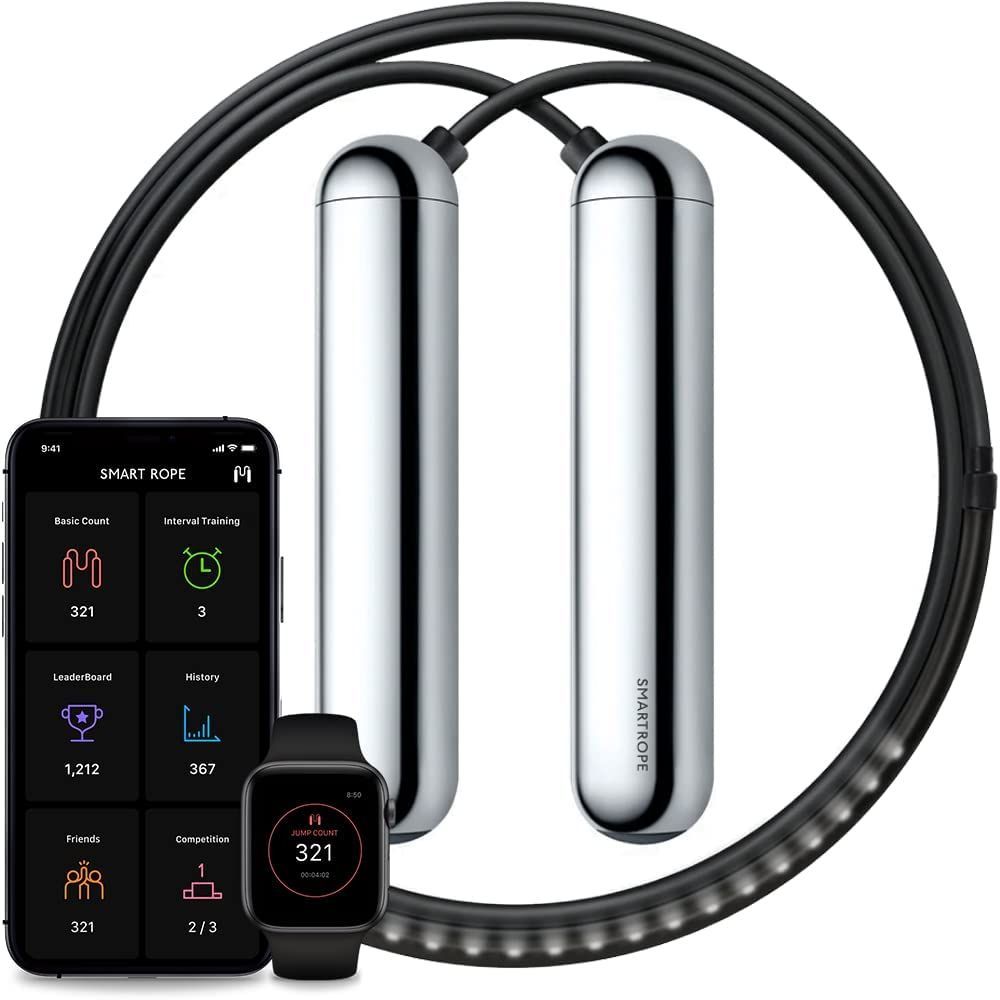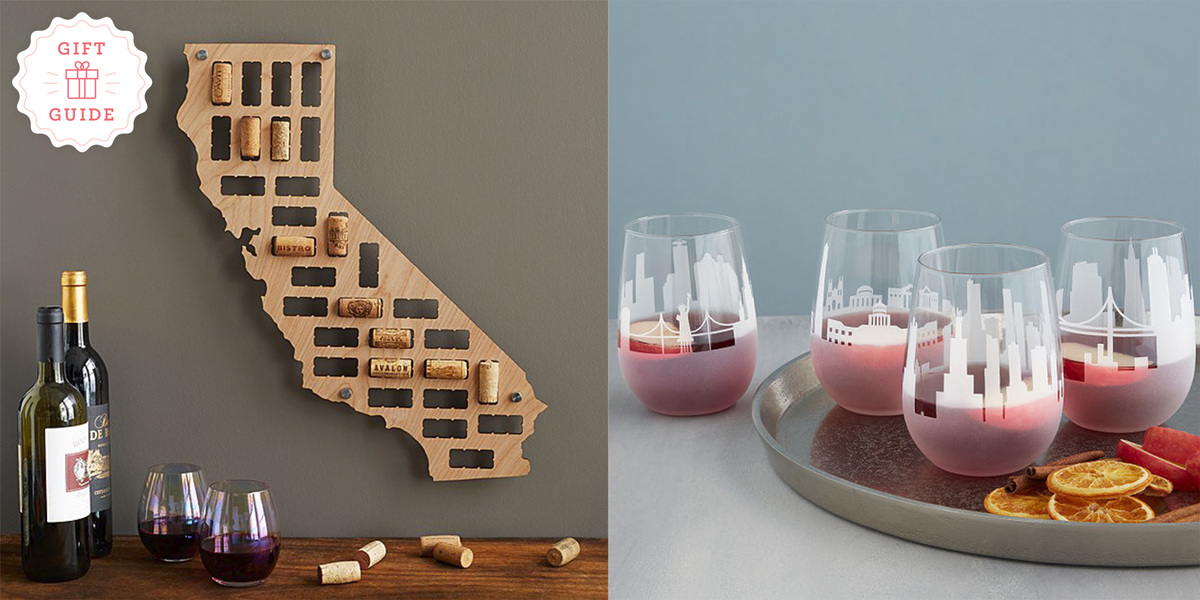
You don't need to feel cramped and unappealing in a small space. With clever storage ideas, you can keep everything tidy and organized so that you have a space to cook, eat, and entertain in style.
Extra Kitchen Storage Idea
The quickest way to get your small kitchen more streamlined is by maximizing the space available to you in cabinets, drawers, and even a pantry. One of our favorite tricks involves installing dividers which divide a large cabinet up into smaller compartments. This will allow you the ability to store small items, such as baking sheet and narrow pans, without wasting too much room. If you don't have any extra room for dividers, you can also try a few simple tips to create extra storage.
Spices and Herbs Organizer
Decant small containers to prevent them from becoming a mess. You'll be able to easily access them and they won’t look as if they are floating in a dish. In a drawer, you could also create a spot just for them.
How to make a paper Towel Dispenser
If you have limited cupboard space, use two clamps mounted side-by-side as a paper dispenser. This DIY project is easy to do and takes only an hour.

Vegetable Storage
To organize your fresh fruits and vegetables, hang a basket up on the wall if you lack counter or cabinet space. This will free up drawer space and save space on your counter.
Creative Kitchen Storage
Reclaimed wood shelves can be used to organize utensils and plates. The reclaimed wood shelving will not only add texture and visual appeal to your home, but also allow you to showcase some of your favorite pieces.
You can buy these shelves at most home improvement stores, or you can build them yourself. Be sure to measure the space you want to fit.
Pots and Pans Can Be Hung From This Bar
Pots and Pans can be hard to store in small kitchens, particularly if they don't come with pull-out shelves. This S hook hanger will spruce the space up and make it easy to reach for your most-used pots & pans.
A magnetic knife rack is another easy kitchen idea. It will save you both time and effort because it keeps your knives close to your food preparation area, rather than scattered in drawers.

Stackable Bins
If your storage needs aren't too great, then stackable containers can be a big help in any kitchen. It's important to pick the right size bin and label it so you can find it easily.
Lazy Susans Are A Must
A lazy Susan will help you keep your kitchen organized and neat, no matter how big or small it is. The lazy Susan allows you to stack bottles such as vinegar, oil, and other fluids. The bottles come in many sizes.
FAQ
Are there other things I should be aware of when shopping for clothes online
Before buying clothes online, you need to be aware of several things. First, know your measurements. It might seem obvious, however most companies do not provide this information so you will have to guess.
Remember to be aware of shipping charges. Shipping fees will vary depending on the product you are ordering. You should also know where your package is going. Some items ship direct from the manufacturer. Other items go through a third party warehouse. This can have an impact on delivery times.
Finally, read reviews carefully. There are many poor experiences. Don't allow someone else's experience to influence your own.
Can I order clothes online and have them returned?
Absolutely! In fact, shopping online is easier than ever. All major retailers offer free return policies. Print out a label and send it by mail.
You will only be eligible for a refund once the item is received. If you aren't satisfied with the product for any reason, you will need to return it.
What are the reasons I shouldn't believe all the hype about sales in online and offline shops?
Sites sometimes exaggerate the price of an item in order to make it appear that you are spending more. It is up to you, therefore, to ensure that the prices you receive are correct. To make sure you don't lose the item, add it to your cart. Next, do a quick Google search of the name of the designer and the product type you are looking for. The amazing deal that you thought you were getting may not be so great after all. You might even be able to find the exact same item at a lower price.
Statistics
- According to the Federal Trade Commission (FTC), online shopping was the fourth most common fraud category for consumers as of February 2022.5 (thebalance.com)
- Last Black Friday, I bought a stove from Lowes at 40% off, receiving 24 months of interest-free financing (from Lowe's). (meetfabric.com)
- The vast majority only change a password to protect privacy a few times a year (27 percent) or, more likely, never (35 percent). (pcmag.com)
- The tax is automatically added once you click the checkout button, so factor in an additional 20% when looking at the product page. (makeuseof.com)
External Links
How To
How to shop online safely
Online shopping offers convenience and is a great way to shop for goods and services. However, this convenience comes at a price. There are benefits, but also dangers to shopping online. Identity theft is the most serious risk. Identity theft is the biggest risk. Identity thieves can use your personal information (name, address and credit card number) in order to steal money or make fraudulent loans against you. They then make a profit by selling your stolen information on a black market. Here are some tips for staying safe online.
-
Secure websites. SSL encryption is offered free of charge by many online stores to protect customers’ information. All information you enter on their website, including names, addresses, phone numbers and credit card details, is protected by SSL encryption so that only you can view it. It makes it impossible for anyone to read what you input. When you are choosing an online store to do business, make sure they have a valid certificate from a recognized CA. When browsing, look for the padlock icon in the URL bar.
-
Your password should not be divulged. When you sign up for your first account, you will receive an email asking to confirm your username and email address. Make sure you don't share these credentials with any third party. Don't keep them in your wallet. They could also be used to access your accounts if you lose your wallet. Instead, save them on your personal computer. Your passwords should be changed at least every three to four months.
-
Keep track of all your orders. If you're sending items to yourself or others, make sure you keep track of where you send those packages. Many people get scammed because they think they sent something to themselves, but it was actually sent somewhere else. Before you make payment for shipping, be sure to check the tracking number. You should never ship anything without proof of delivery. If you aren’t satisfied with your service, contact the company as soon as possible.
-
Make sure you know who your dealings with. Many websites will ask you to provide sensitive information such as your full name, date of birth, Social Insurance Number, and bank routing number. They use these details to identify you so they should be cautious about what information they ask for. Google "what does the website need" if you aren't sure if it needs these details. There are many ways to find answers.
-
Be wary of pop-up windows. Pop-ups abound on many websites offering special offers, deals and other products. Although some of these advertisements may appear legitimate, others are intended to trick you into disclosing your private information. For example, a fake anti-virus program could ask for your banking information, credit card numbers, and social security number. To avoid being tricked, don't click any suspicious links.
-
Phishing scams can be dangerous. Phishing scams involve hackers pretending to be from reputable businesses in order for consumers to hand over their financial details. Phishers may send emails that appear to be from retailers or banks, inviting users to log in and update account information. Hackers can gain control of your finances once your information is given. Hackers could even take over your bank accounts or transfer funds from one account to another. You have many options for identifying a scam email, including How to Spot Phishing Scams.
-
Do your homework. Before signing up for a deal, always read the fine print. It is important that you understand and agree to the terms and conditions of any contract. Take the time to review all terms and conditions carefully. It's important to avoid hidden fees and charges when trying to save money.
-
You can shop around. Don't be afraid to shop around. Compare prices across multiple websites until you find your best price. If you order multiple items, make sure to compare shipping costs. Shipping costs can vary greatly depending upon which website you use. For expedited shipping, it is worth paying a bit more.